The brutal reality of political violence has long haunted democratic societies, but recent events have intensified these concerns.
The murder of British MPs Jo Cox in 2016 and Sir David Amess in 2021 sent shockwaves through the political world, highlighting the dangerous potential of political extremism and intolerance.
Fast forward to recent events in the United States, and the attempted assassination of former President Donald Trump has intensified the global conversation on the rising tide of political violence.
But is politics and society becoming more intolerant worldwide?
And what impact, if any, could the attempted assassination of Donald Trump have on the outcome of the US presidential election in November?
Shooting will ‘probably not make Trump more likely to be elected’
According to Professor Phillips O’Brien, chair of strategic studies at the University of St Andrews, the assassination attempt will probably not make Trump more likely to be elected.
In fact, he says no one should “jump to conclusions” about any impact on the election.
He says there’s little evidence historically or from present polling to suggest otherwise with any polling impact likely to be “short lived”.
Referring The Courier to his recent analysis on Substack, Professor O’Brien compared the Trump shooting to the attempt on the life of Ronald Reagan on March 30 1981.
That shooting led to a very short term increase in Reagan’s popularity.
However, after a few weeks any bump was over and his popularity was on a serious downward trend.
“The thing about Trump is that almost everyone has made up their minds about him,” said Professor O’Brien.
“Indeed, his favourability/unfavourability ratings are likely to remain pretty solid after a possible very short term change.
“Basically, he is popular with a percentage base in the low 40s and unpopular with a group in the low 50s—and that has been going on for years.
“So, the number of people who could swing behind him is pretty small.”
Could the shooting lead to a backlash against Donald Trump?
While some of the initial Trump-supporting reaction presumed the Trump shooter must be “some crazed Democrat or Biden supporter”, it turned out the perpetrator was a 20-year-old registered Republican named Thomas Matthew Crooks.
There’s also the possibility there might be a backlash against Trump’s perceived divisiveness – depending on whether more comes out about the motives of the shooter.
“One of the reasons the background and motivations of the shooter matter,” he said, “is because if he comes from the extreme right, the result could very well be exhaustion with the Trump circus.
“Trump’s consistently high negatives come partly because people are exhausted by his extreme rhetoric, his coded pitches to violence, his calls for retribution, etc.
“As much as sympathy for him, this shooting, especially if the shooter comes from the right, might just be a backlash against the divisiveness.”
How many British MPs have been murdered in office?
History records that five British MPs have been murdered while in office.
Spencer Perceval (1812) was the only British Prime Minister to be assassinated. He was shot in the House of Commons by John Bellingham.
Sir Anthony Berry (1984) was killed in the Brighton hotel bombing by the Provisional IRA during the Conservative Party Conference.
Ian Gow (1990) was assassinated by the Provisional IRA with a car bomb outside his home.
Jo Cox (2016) was murdered by a far-right extremist in her constituency in West Yorkshire.
Sir David Amess (2021) was stabbed to death during a constituency surgery in Leigh-on-Sea, Essex.
Stephen Gethins recalls death threats while serving as North East Fife SNP MP
Someone with first-hand experience of death threats while holding political office is recently elected Arbroath and Broughty Ferry SNP MP Stephen Gethins.
Reluctant to go into detail because it was “in the past”, he told The Courier how death threats and threats to his security from a minority of individuals were directed at him and his parliamentary staff while serving as SNP MP for North East Fife between 2015 and 2019.
Other MPs, of various parties, have also been affected.
He’s been concerned about “polarisation” of politics for years.
There’s been evidence, he said, of Russian foreign policy trying to meddle in political debates and stoke polarisation, as recently highlighted by the UK Government.
People should therefore be careful about the information they consume and check sources. There’s lots of “disinformation” on social media and elsewhere.
However, he also believes it’s healthy for people to “go outside their comfort zone” and read articles they may disagree with to “try and learn something”.
Democracies and autocracies…
“All too often in our politics we treat each other as enemies rather than simply opponents who share different points of view,” he said.
“We need to get better at disagreeing agreeably. That’s important because, of course, disagreement is what drives a democracy.
“It’s why democracies are better at making decisions than autocracies, because we debate and we discuss big issues.
“We hope that, more often than not, the decision we make after a debate is better than the decision we might have taken as a society had we had no debate.
“That’s the whole idea of having a parliament and discourse in a civil society, and we need to remember how precious that is.
“It would be a very boring world if we all agreed with each other.
“But we’d also be diminished as a society and the decisions we take would be lesser if we didn’t have debate and discussion.”
Need for respect
Mr Gethins said the Trump shooting was a reminder that violence has “no place in society”. His thoughts were therefore with everyone affected.
However, it also served as a reminder as to why even those we disagree with should be treated with respect.
He added: I’ve always had a huge amount of respect for my colleagues in other political parties.
“That’s been the case in the election I’ve just fought in Arbroath and Broughty Ferry.
“The overwhelming majority of people who are involved in politics, regardless of political party, I’ve always found their engagement in politics comes from a place of community spiritedness and civic mindedness.
“But we shouldn’t stop ourselves debating and discussing difficult issues. That lessens us as a democratic society. It’s not about stopping debate. It’s the way in which you conduct that debate.
“I would refute that we should be self-censoring over that. If we start self-censoring, then of course you are giving in to these more radical elements who don’t like debate and discussion.
“It’s debate and discussion that enriches our democracy and means that we are addressing big issues in a more informed way regardless of the conclusion that one might reach.
“I think to self-censor in that way is to give in to the extremist elements.”
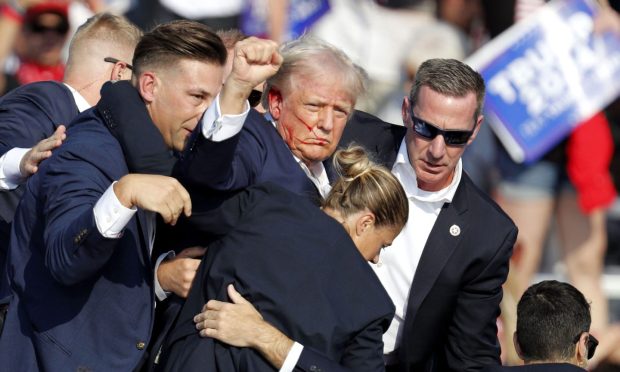
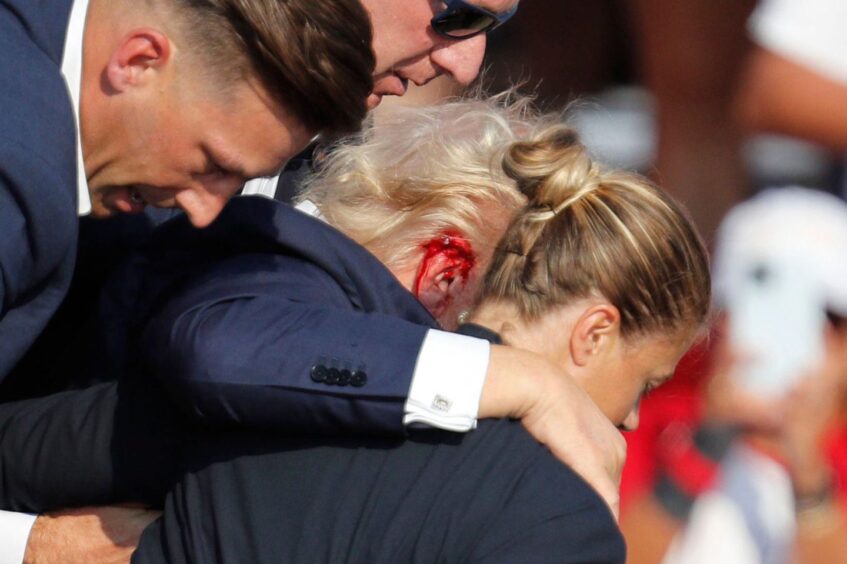

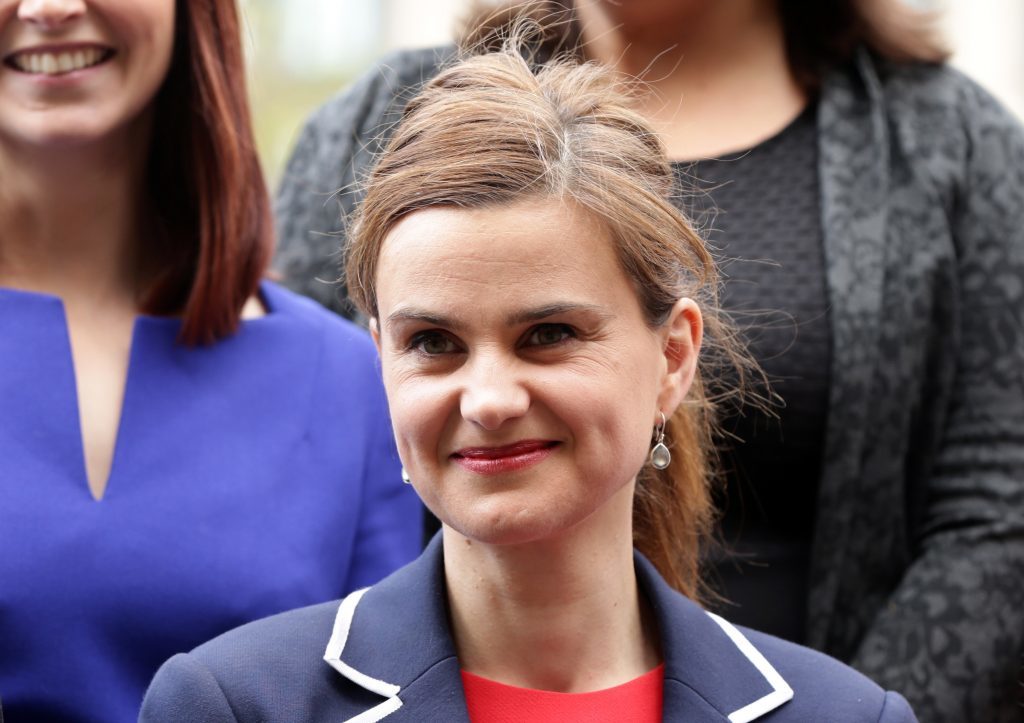
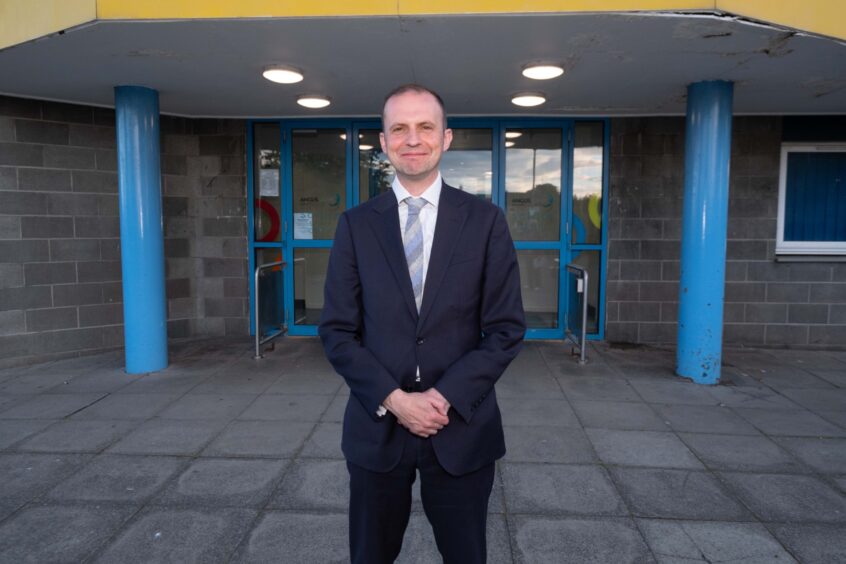
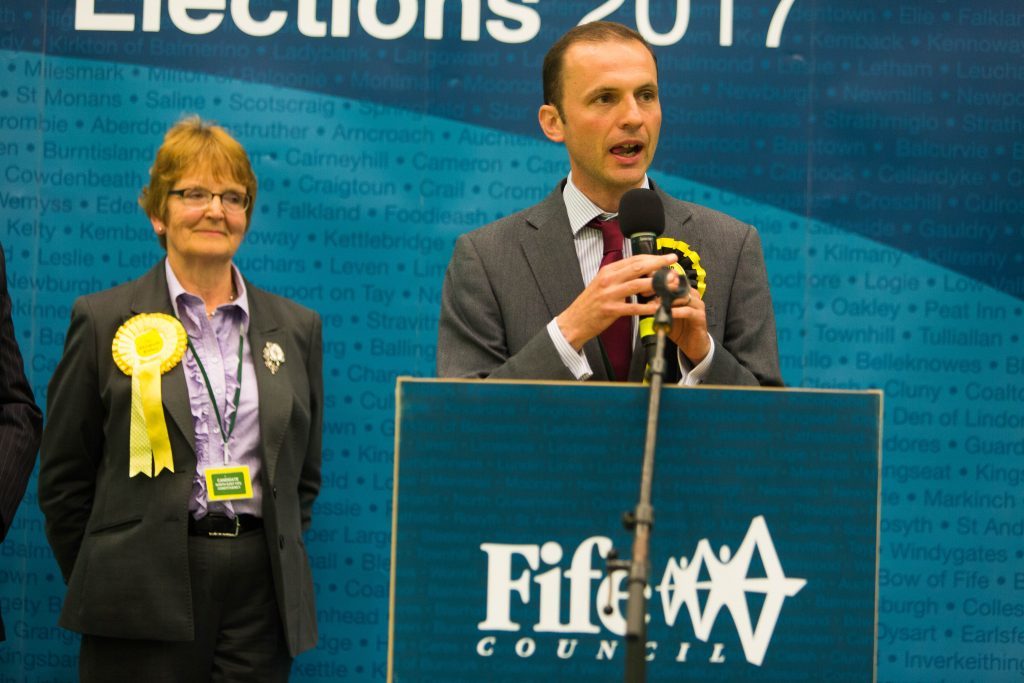
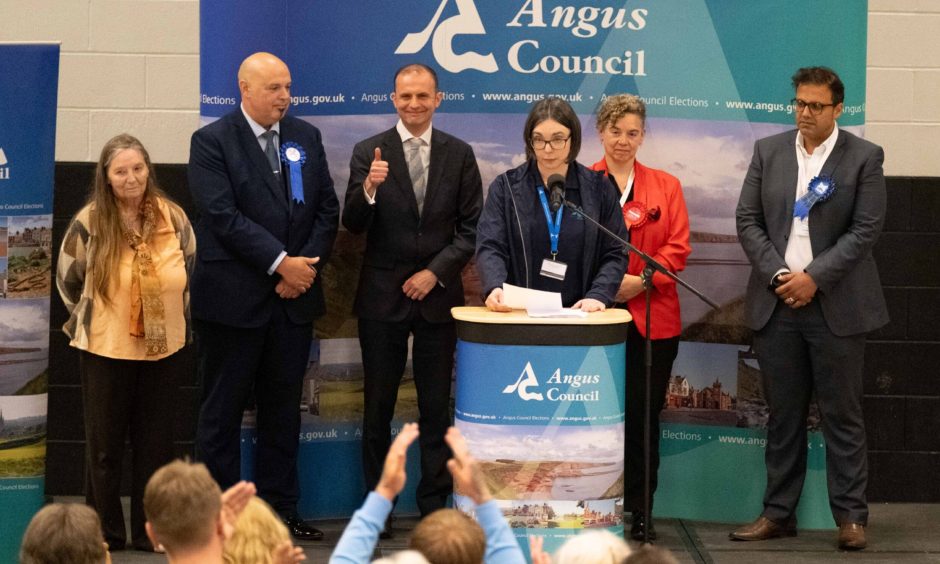

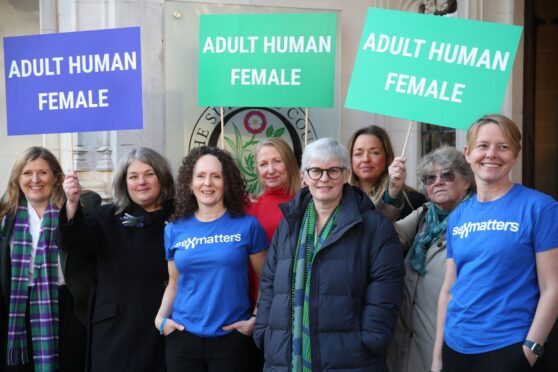



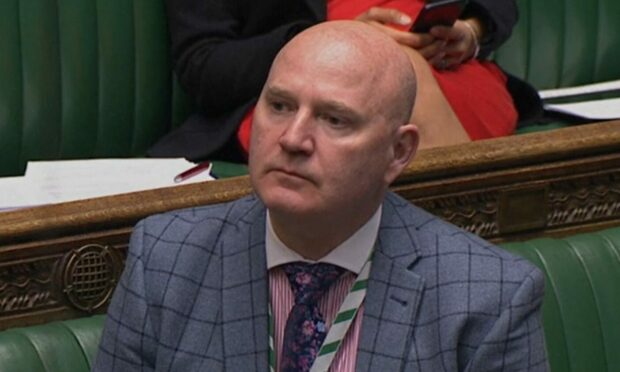
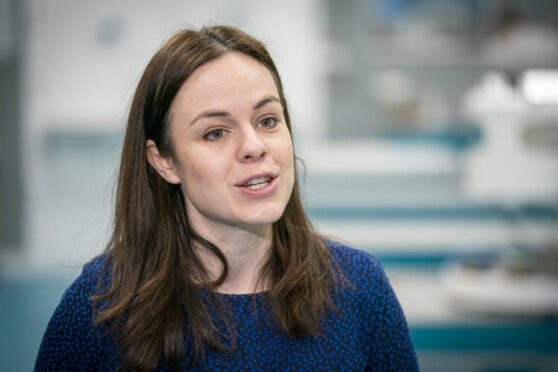

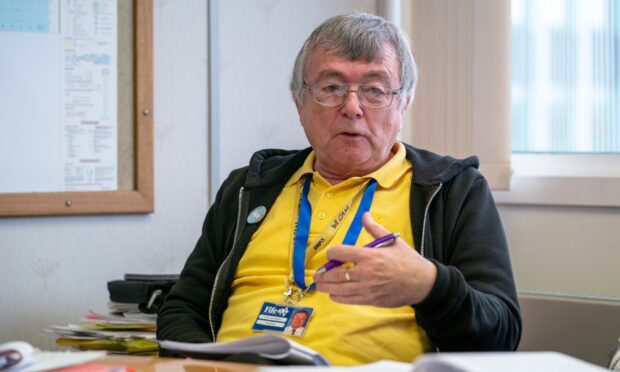
Conversation